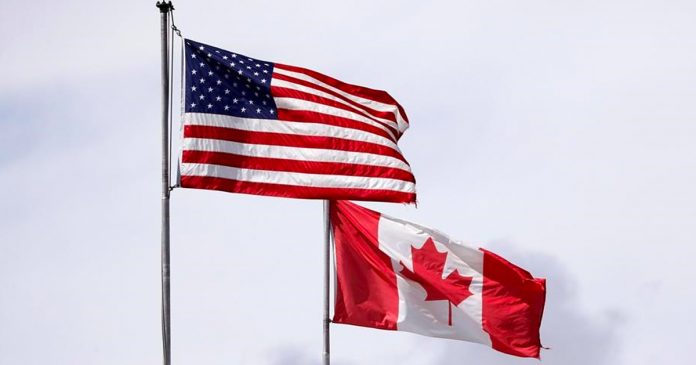After nearly tripling its national vote count, the People’s Party of Canada (PPC) is now plunging headfirst into yet another campaign by fielding three candidates for the 2021 Alberta Senate Election.
The election, which is set to take place on October 18, 2021 in conjunction with the province’s municipal elections, will result in three candidates being nominated to fill senate vacancies when they appear.
Alberta is currently the only province where elections are held to nominate Senate appointments. The prime minister is not obligated or bound to the nominations and is free to choose his own senate appointment if he so wishes.
Currently, there remains only one vacancy in the Senate for Alberta.
The three Senate candidates registered for the election were all former candidates for the 2021 general election which ended with a Liberal minority government on Monday.
They include Red Deer County resident Kelly Lorencz, Ann McCormack from Mannville and Nadine R. Wellwood of Cochrane.
Lorencz, who was the PPC candidate for Red Deer–Mountainview, was able to come in third place in the riding with 12.1% of the vote.
All three registered their candidacies on the deadline of September 20, 2021.
In an emailed statement to True North, PPC Spokesperson Martin Masse said that the goal of the election was to give Albertans the opportunity to express approval for the party’s policies such as support for pipelines, equalization reform and opposition to a carbon tax.
“A victory for our candidates would obviously send a message to Ottawa and showcase the PPC as the only option for people who support these policies,” Masse told True North.
“What’s also interesting in these Senate elections is that the bogus argument of ‘splitting the vote’ that many conservatives have used against us is completely irrelevant since we are not electing a government.”
The bid to have a PPC candidate nominated for the Senate is the first post-election step for the fledgling party which shocked voters by outpolling major rivals like the Bloc Quebecois and the Green Party of Canada.
According to Elections Canada, the PPC gained over 5% of the national vote, nearly double that of the Greens, who finished with only 2.3% of the popular vote. Despite the gain in vote count, the PPC was unable to elect a single MP to the House of Commons.
In August, Prime Minister Justin Trudeau announced the appointment of Karen Sorensen to the senate for Alberta which sparked an immediate backlash from Alberta Premier Jason Kenney.

























